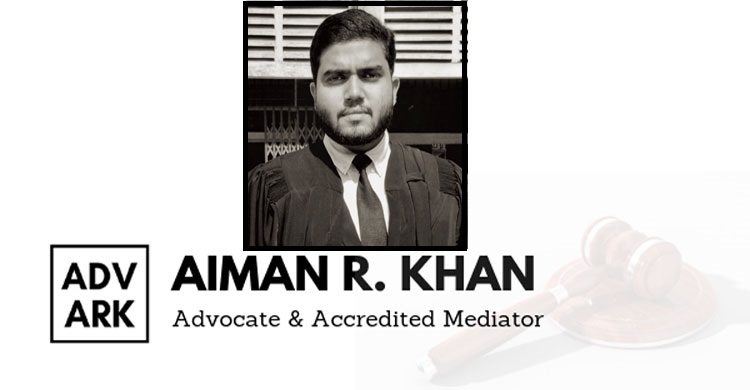Surpass or bypass? The fuss about Bar Council’s Decision

Aiman R. Khan:
The Bangladesh Bar Council administers takes a three stage enrolment exam approximately every two years to allow fresh law graduates to start practicing in the Court. Passing all three exam is one of the major requirements besides the need for the candidate to be a citizen of Bangladesh and is minimum twenty-one years old having a law degree. In order to practice before a higher court, one needs the permission to appear in front of the subordinate court first and practice for two years. He/she then needs to appear for another two stage enrolment exam for the High Court upon passing which, he/she will be eligible for practice.
These requirements are laid down in the Bangladesh Legal Practitioners and Bar Council Order 1972. However subject to certain exceptions included in the same law, requirements needed to practice before the High Court are somewhat relaxed. These rules are less known as very little or no applications as such has been given by any person. But lack of usage does not invalidate its existence.
The Bangladesh Legal Practitioners and Bar Council Order 1972 allows Bangladeshi born lawyers having practicing license in a foreign country to practice directly at the High Court. This can be done via a notification of an official Gazette by the Government. Article 21(1) of the Order also tells us that any person having the requisite legal training may also be exempted from the requirements to appear before the High Court.
Moreover Article 65A of the Order states that the requirement of 2 years practice at the subordinate court may be dispensed if the enrolled Advocate was called to the UK Bar or obtained a higher 2nd class in LL.M.
Recently there was a huge fuss about a person being permitted by the Bar Council to practice in the High Court Division of the Bangladesh Supreme Court without having to pass the thee stage enrolment exam mentioned above. He happens to have completed the Bar course from New Zealand. This seemingly intelligent person simply applied the law in his favour. He satisfied the grounds laid down in Article 21(1) of the Order and there are no reasons why he should be barred to practice. But this idea of his backfired to a national level.
The problem arose due to the timing of such a decision by the Bar. On one side there are almost sixty thousand candidates awaiting their exam for months and on the other, an individual getting unconditionally accepted for the High Court, let alone the Judge’s court, that too without giving any exams. The whole group became furious and poured in their anger. Online news portals cashed in to the opportunity dragging his background, indicating a baseless possibility of abuse of power. A handful of the reputed lawyers filed writ petitions against the decision, challenging the validity of such rule. The High Court quashed their petition upholding the decision of the Bar Council.
The question of whether such a law is valid or not must be analysed in light of our Constitution. Article 27 of the Constitution states that it is a fundamental right for all citizens to be equal before the law, while Article 26 says any law that is inconsistent with the fundamental rights are void. It may be suggested that the Article 21(1) of the Bar Council Order does have a discriminatory effect and conflicts with the Constitution.
A lawyer may have a training from a foreign country but that does not exclude him to abide by the rules of his own country’s jurisdiction. Training or a foreign practice certificate should not be the reason for a law to discriminate or grant an individual legal superiority. Either amend the examination process or repeal such a rule.Therefore, to remove any such confusion, such laws must be clear and unambiguous.
The writer is an Advocate at Dhaka judge court & accredited mediator
N.B: Opinions published in this section are the author’s own. The opinions expressed may not be consistent with the editorial policy of lawyersclubbangladesh.com

